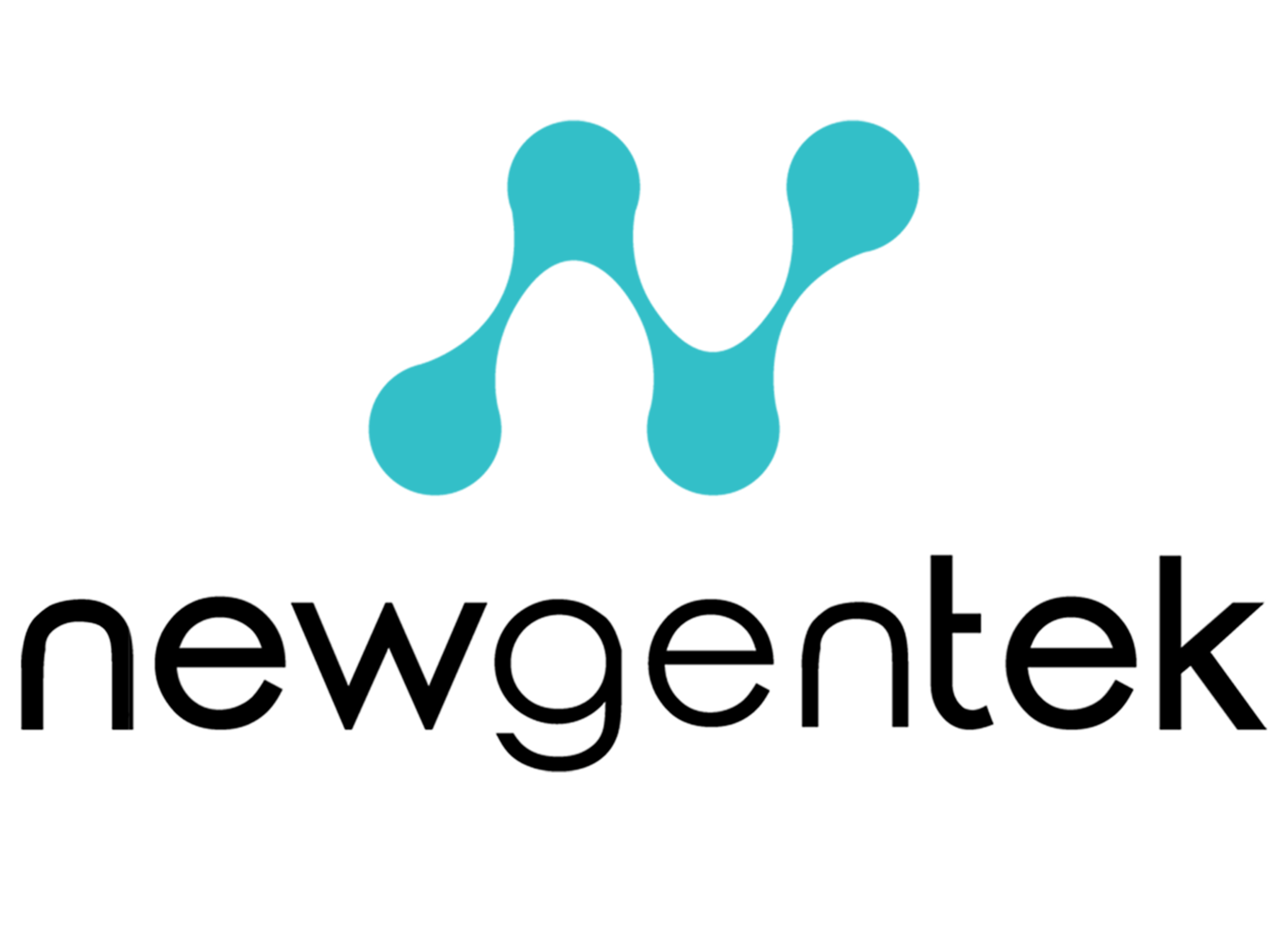13 questions to ask your managed service provider
Starting your search for a Managed Service Provider (MSP) can be a little overwhelming. Using an MSP is the right decision as it will free up your time to focus on your business instead of managing your technology platforms and systems. The way you approach your search will be crucial. Comparing potential companies based on technician ability and service, and building trust will be essential to get the peace of mind to select the company that best suits your needs.
So, how do you even go about qualifying them? Here are 13 questions you always wanted to ask your Managed Service Provider when vetting their services but didn’t know to ask. If you've already selected one, the following questions can help ensure you make the best decision for your business. See below.
1. How big is your technician and support team?
It’s vital that the partner you choose can handle questions when they arise. Ensuring that someone is available to respond to your request is typically dictated by the team size. In addition to the team size, you should understand how team members get up to speed on your environment and how information is shared across your partner’s organization. It would be best not to focus didn't on “your t" technician” being" available.
2. Do you have experience in my specific industry?
Look for a provider with experience in your industry, as they may not understand your needs, functions, and pain points. While most businesses share the same fundamental organizational structure, there are often unique characteristics (line of business applications, for example). You’ll You'llo find a company with proven results and an understanding of your business.
3. What makes you different from other Managed Service Providers?
The little-known secret is that most Managed IT providers use the same or similar tools to deliver services in most cases. It’s importantimIt'sant to ask what makes them different, as you'll you'll know how they can provide value to your business. The difference will often present itself in how mature the MSP’s processes are, how they communicate with you and your team, and how they keep your business running and moving forward.
4. What are your core competencies?
Ask the MSP to discuss their core competencies and list any certifications or technical qualifications. Their strengths should align with your needs. You can also ask how they are furthering their education in specific technology areas.
5. Can you help build our digital technology strategy?
Looking for an MSP partner to build your IT infrastructure strategy will help cut costs, streamline your business, and allow for more efficient long-term systems and solutions. A good MSP can act as a CIO for your organization, but make sure they are forward-thinking enough and have a vested interest in your success.
6. I’m concerned about downtime that will stop my ability to do business; how can you help mitigate that?
This is a crucial question: downtime or service outages stop business. Ask the MSP about their recovery and continuity plan and how they can partner with you to create one for your business.
7. How can you improve our efficiency and reduce our workload?
Hiring an MSP will take items off your long list of to-dos, so understanding the benefits of their service for the long run, constantly finding improvements, and upgrading equipment to anticipate and prevent future problems is a significant plus.
8. What issues are your clients facing around managing their workforce?
Issues could be anything from communication, organization, tracking tasks and productivity, managing projects in multiple locations, ensuring deadlines and targets are hit, and learning how and training workers on platforms that foster communication and collaboration in a virtual environment will be critical.
9. What does the price include? What can you do to reduce overall costs?
This question is essential when you are quoted for an all-inclusive price. Ask the MSP to itemize your contract to understand better if your needs are covered. Otherwise, you could find out the hard way for things that require extra support or were not covered in the initial quote.
10. What is the onboarding experience like? How long does it take?
Ask for specific timelines and information you’ll collect and provide the MSP in advance. Be upfront with your deadlines and goals and ask for a dedicated timeline and weekly calls to manage the process.
11. What if we need updates to technology equipment? How do you go about making those? Will we experience any downtime?
Suppose a good MSP is a leader in the industry; they are new technological changes and can predict trends. You won’t want the changes; your systems and applications are running smoothly without interruptions.
12. I’m not sure we are doing the right things around security; how can you help me?
Cyber security is important! You must implement baseline best practices and user training and frequently revisit your plan.
13. After I’m a customer, how often will we meet?
Things change quickly. Your partner must set up regular meetings to review issues, set strategy, and review budgets. When planning properly, you can avoid surprises around equipment refreshes, maintenance agreements, and projects that must be completed.
Don't make the mistake of putting your business technology needs in the hands of just anyone. We hope these questions will help you find the best partner to meet your organization's needs.
So, how about letting Newgentek answer these questions for you? Contact us today!
